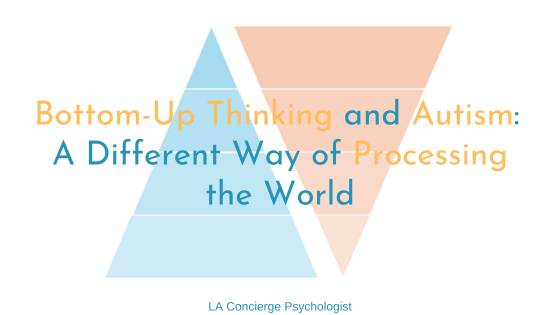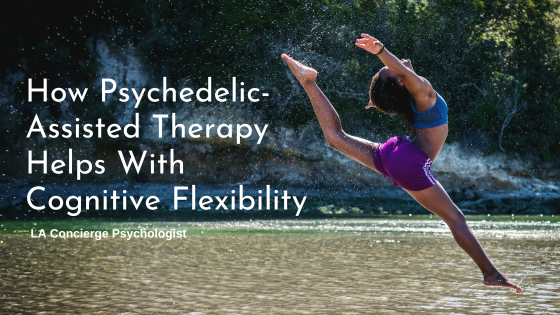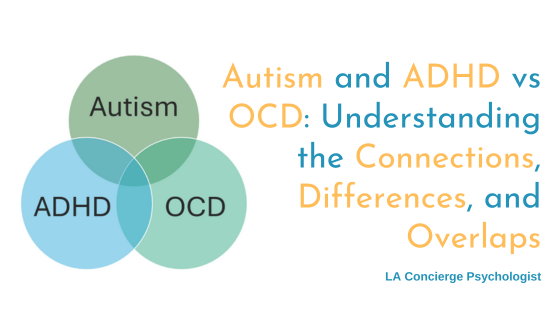Healthy vulnerability is an essential component of strong connections and trusting relationships. Healthy vulnerability involves being open and honest with others about one’s emotions, thoughts, and experiences while also setting appropriate and safe boundaries”. This means that people can share their vulnerability with the people they care about without needing to compromise their own well-being and safety. Exercising emotional vulnerability in this way creates a safe and supportive space for people to communicate with openness and authenticity within their relationships.
Below, you will find some guidance on how to share your vulnerability in an open and authentic way. This helps you strengthen your bonds with the people you care about while also protecting you emotionally.
1. Don’t be Afraid to be Vulnerable with Friends
Sharing vulnerability with friends can be daunting, but it can also be incredibly rewarding. By sharing our innermost thoughts and feelings, we allow ourselves to be seen and heard and deepen our connections with those around us. Our friends are often the people who know us best. Allowing them to see our vulnerabilities can lead to greater understanding and empathy.
Additionally, sharing vulnerability can help promote open communication between you and your friends. When we allow ourselves to be vulnerable with the people we care about, they feel safe to do the same with us. This fosters a culture of trust and honesty and can lead to stronger and more meaningful friendships. It also avoids the pitfall where the vulnerability is completely one-sided. This can make some people feel like they’re either giving or taking too much of the emotional weight of a relationship. Making the first move towards an open, honest, and equal friendship will set the relationship up for success for years to come.
A Side Note About Sharing
It’s important to note that being vulnerable with friends does not mean sharing everything with every friend. There must be a basic level of trust there first. Sometimes the early days of a friendship are like the early days of a relationship; everyone commits very quickly without thinking long-term. It’s not bad to dive into a friendship, but both of you should be equally as invested. You should also be mindful of maintaining safe boundaries. Don’t forget that not everyone will be able to hold space for your vulnerabilities in a compassionate and understanding way. This doesn’t mean that you can’t be friends. It does mean that you might not want to share everything with that person.
However, when you do find people who have proven to be trustworthy, treasure that opportunity and let vulnerability help you build beautiful relationships. Vulnerability creates a unique kind of trust that’s hard to develop any other way.
2. Don’t be Afraid to Actually Show Vulnerability
Sharing vulnerability isn’t just telling friends about things that are happening; it’s showing them as well. It is crucial not only to speak about your vulnerability but also to convey it through your demeanor and body language. When you allow people to see and hear that you are upset or struggling, you give them a better understanding of your emotional state. This demonstrates that you are being open and genuine. It also gives them more clues about how you are doing so they know how to respond.
If what you say is very mismatched from your body language, there is more chance for someone to misinterpret what kind of emotional support you need from them. It also makes it more likely that people will be confused by your disclosure. They can’t tell if you’re being genuine or what you are feeling. They still might not respond perfectly, because everyone is human. But you are giving them the best chance to give you what you need. This makes emotional vulnerability a collaboration that benefits everyone involved.
The way you physically express your vulnerability should preferably be clear and somewhat easy to interpret. But, it does still have to feel authentic for you. Open authenticity provides an accurate representation of how you demonstrate pain or stress. No one benefits if you fake it for someone else’s sake. If you show you’re struggling by losing all facial expression or wringing your hands rather than crying and looking anguished, that’s okay. It’s less about what you do and more about authenticity. However, you signal your needs to others should be a true demonstration of your feelings, whatever that looks like for you.
3. Remember Vulnerability Can Make People Like You More
A lot of people aren’t vulnerable with their friends because they think they will come off weak or needy. They think, if they show that emotionally vulnerable part of themselves, people won’t like them anymore. But that’s not true. People are drawn to those who are open, authentic, and honest, even when sharing difficult or uncomfortable emotions. When you allow yourself to be vulnerable, you show others that you trust and value their opinions. This can be a powerful way to build trust and deepen friendships. When others know that you feel that safe with them, they frequently feel more warmly towards you and more willing to return the favor. It’s important to remember that vulnerability is not a weakness, but a strength. By sharing your innermost thoughts and feelings with others, you give them the opportunity to see the real you and connect on a deeper level. This is a unique gift that most friends will cherish.
4. Things to Avoid When Being Vulnerable
Opening Up Too Soon
While being vulnerable can be a powerful way to build trust and deepen relationships, it’s important to be mindful of what to avoid when opening up to others. Firstly, it’s essential not to be vulnerable with people who treat you poorly when you open up. These individuals may not have your best interests at heart and may use your vulnerabilities against you. If someone has hurt you in the past when you opened up to them, you can work towards rebuilding that trust if you want to. But there’s no pressure to start sharing vulnerability with them again until you actually feel safe. Trust requires reparation, not just instant forgetting when there is a rupture.
Not Establishing Trust Before Sharing
Secondly, you don’t have to share your vulnerabilities with everyone. It’s okay to test the waters with new people. It’s important to gauge whether someone is trustworthy and receptive before sharing your vulnerability and feelings with them. If you want to extend this gift to someone but aren’t sure how it will go, you can try presenting them with a small vulnerability first to see how they react. Or you can express something big to them while also having other rock-solid support from another source, in case things don’t go as you hope. This isn’t being withholding; it’s just testing the waters to be sure you’re safe.
Over-Sharing
Lastly, it’s crucial not to over-share, as this can drive friends away. Sharing too much too soon can be overwhelming for others. They may not be equipped to handle the emotions you’re expressing. It’s important to strike a balance between being authentic and genuine while still being respectful of other people’s boundaries and emotional capacity.
Also, providing “too much” information at the beginning of a friendship does not have the same effect as boundaried-vulnerability. This is because it doesn’t signal a feeling of trust. More so, it communicates that you are likely this open with everyone, regardless of closeness or trust. In this way, your self disclosure loses its “specialness” because it feels like it’s for anyone who will listen.
Professional Support Can Help You Deepen Your Friendships
Vulnerability is an essential ingredient for deepening friendships. While it can be difficult to share thoughts and feelings with others, it’s important to remember that vulnerability is a strength, not a weakness. By allowing yourself to be seen and heard, you open the door to greater understanding, increased empathy, and deeper friendships with those around you. Vulnerability can even help you build deeper relationships with yourself by promoting self-awareness and acceptance. So don’t be afraid to take that first step and open up to those around you. You might be surprised at the rich and deep friendships that emerge as a result.
If you find yourself struggling with being vulnerable or with deepening your friendships, support from am experienced professional may help. Our adult autism and adult ADHD specialists are skilled in helping neurodivergent people navigate making and maintaining friendships. Send us a message to see how we can help or book a free 20 minute consultation call with Dr. Barajas or Dr. Goldman.



